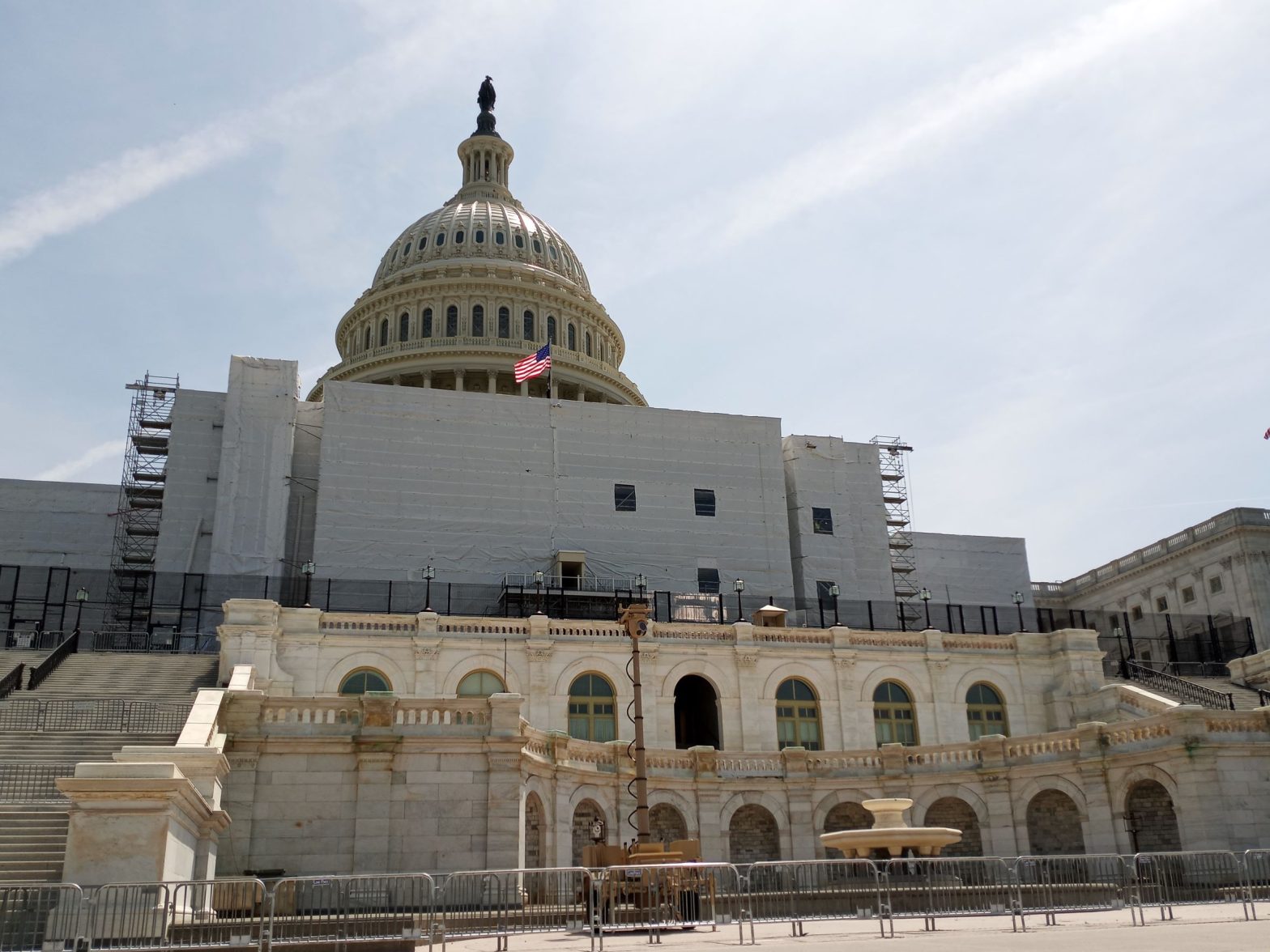Lawmakers Deal With More Warnings About Chinese Espionage

WASHINGTON — U.S. intelligence officials updated a congressional committee Tuesday on what they called a growing espionage campaign by China against the United States.
In recent months, it has included a spy balloon traversing the United States for about a week, Chinese purchases of real estate near U.S. military bases and a secret Chinese police station operating out of New York City in an apparent attempt to monitor and suppress critics of the Chinese Communist Party.
“They are using all the tools in their toolbox” to spy on the United States, Jill Murphy, the FBI’s deputy assistant director of counterintelligence, told a House Homeland Security subcommittee.
The Chinese are doing “anything that can give them a competitive advantage” in the economic and military competition, Murphy said.
As the Chinese government moves toward a whole-of-government approach to confront the United States, “It’s unprecedented in the history of the FBI,” she said.
The most likely risk of military conflict comes from Chinese claims to Taiwan, according to U.S. intelligence reports.
The Biden administration’s main effort to counter Chinese economic competition has been the CHIPS and Science Act that President Joe Biden signed into law last August. It allocates about $280 billion in new funding to boost domestic research and manufacturing for the U.S. semiconductor industry.
The subsidies and investment tax credits are eligible only to U.S. manufacturers in an effort to bring back an industry that China dominates.
The industry is taking on increasing importance among policymakers as artificial intelligence plays a bigger role in world economies. Semiconductors are critical to artificial intelligence.
China has criticized the CHIPS and Science Act as a Cold War maneuver.
In addition to competition over critical technologies, the Homeland Security Department described threats from espionage and the possibility of attacks on U.S. infrastructure when last month it announced its “90-day sprint” against Chinese infiltration.
Homeland Security Secretary Alejandro Mayorkas said his department would “sprint” to assess how China could harm the United States and to develop strategies to minimize the vulnerabilities.
The question the Subcommittee on Counterterrorism, Law Enforcement and Intelligence is confronting is whether they’ve really done enough.
Rep. August Pfluger, R-Texas, the subcommittee chairman, estimated that Chinese thefts of U.S. intellectual property cost an average of $4,000 to $6,000 a year for each American household.
Intellectual property most commonly refers to inventions and other innovations developed by industries. The developers get patents on them for which they are supposed to be paid royalties if other groups use them.
The U.S. Commerce Department accuses China of implementing American innovations in its own industries without paying royalties, subsidizing them until competitors are driven out of business and then dominating the markets.
“China has been racing ahead for decades while we try to catch up,” Pfluger said.
Rep. Seth Magaziner, D-R.I., said unfair competition is threatening U.S. national defense and “expanding China’s reach into hundreds of companies around the world.”
He added, “The [Chinese Communist Party] does not plan to stop.”
The latest competitive volley was announced Sunday, when the Chinese government ordered its users of computer equipment important to its economy to stop buying products from Micron Technology, Inc., the biggest U.S. semiconductor manufacturer.
Micron’s computer chips carry “serious network security risks” for China’s information infrastructure and national security, the Cyberspace Administration of China said on its website.
Europe and Japan also are reducing Chinese access to their technology that they say could be used in weapons as President Xi Jinping’s government threatens to attack Taiwan and is increasingly aggressive toward Japan.
You can reach us at [email protected] and follow us on Facebook and Twitter






















